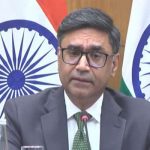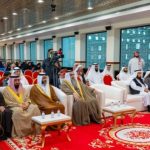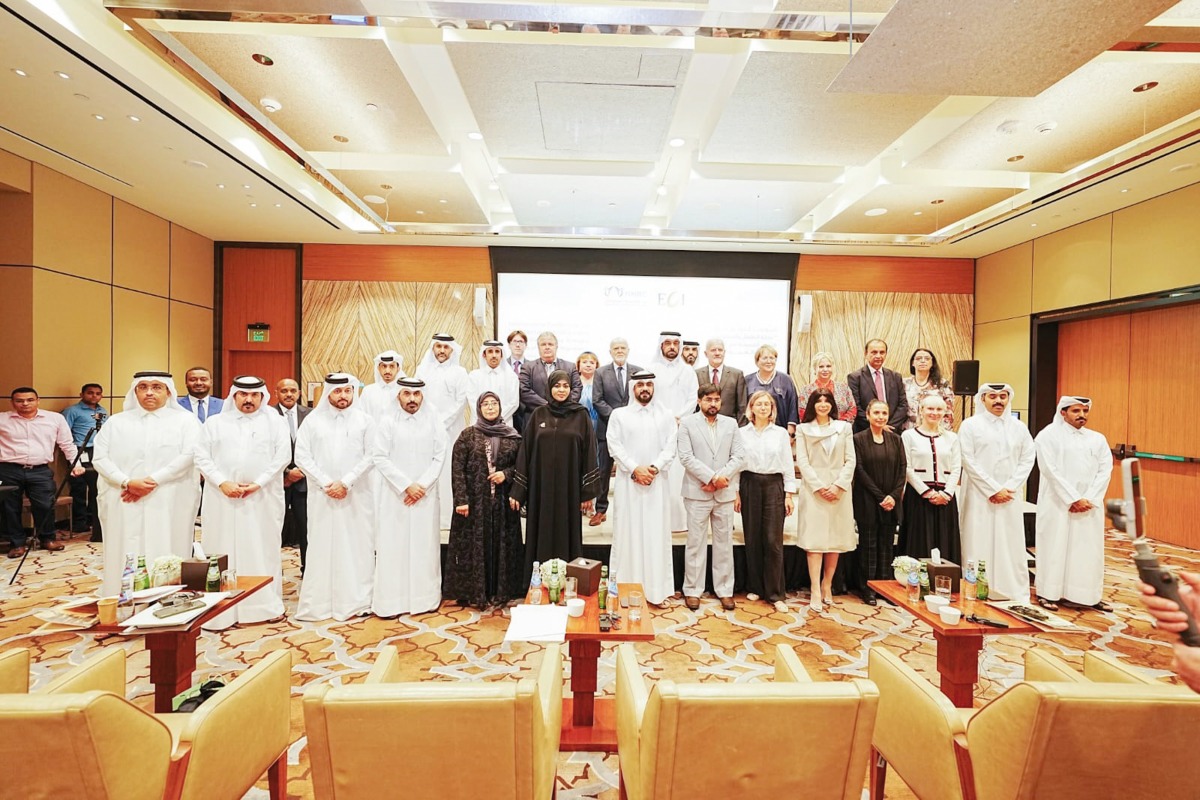An international conference held in Doha, Qatar, focused on protecting children, women, and other vulnerable groups in armed conflict zones. The conference, organized by the National Human Rights Committee (NHRC) in partnership with The European Ombudsman Institute (EOI), emphasized the importance of safeguarding these individuals during times of war and migration. EOI President Prof Dragan Milkov highlighted the vulnerability of children in such situations, stressing the need for increased protection and support for those who are most at risk.
NHRC Secretary-General Sultan Hassan Al Jamali reiterated the commitment of Qatar to prioritizing the protection of children and other vulnerable groups. He discussed the efforts made by the NHRC to raise awareness, monitor situations, provide advice to stakeholders, and establish partnerships with regional and international organizations. The conference provided a platform for sharing experiences, best practices, and challenges faced in preventing discrimination, neglect, violence, and exploitation against children, women, and the elderly in conflict zones.
Dawoud Almassri, Head of Analysis and Outreach Hub in Doha for the Office of the Special Representative of the UN Secretary-General for Children and Armed Conflict, highlighted the vulnerability of children in crisis situations. He emphasized the need for enhanced measures to safeguard children from exploitation and violence, particularly in light of the recent increase in instability and conflict globally. The conference recommended supporting peaceful solutions to international crises, preventing the targeting of vulnerable groups in conflict areas, and ending impunity for crimes committed against them.
The conference also called for the enforcement of international treaties on the rights of children and other vulnerable groups, the implementation of recommendations from regional and international mechanisms, and efforts to reach a binding international agreement on the rights of older persons. Participants emphasized the simultaneous application of international humanitarian and human rights law during armed conflicts, the establishment of safe corridors for evacuations, and the provision of relief services to protect vulnerable individuals. They advocated for the upgrading of national legislation to align with international treaties and the development of comprehensive laws to protect children, women, persons with disabilities, the elderly, and migrants from violence, discrimination, and exploitation.
Furthermore, the conference recommended the development of response programs, particularly in emergency situations, to protect children and other vulnerable groups from violence, exploitation, and human trafficking. It called for the activation of hotlines to receive complaints and provide support, shelter, and legal assistance services. The participants stressed the importance of enhancing the roles of national human rights institutions in promoting and enforcing human rights protection standards and ensuring compliance with these standards at all levels. Overall, the conference aimed to address the urgent need for improved measures to protect the most vulnerable individuals in conflict zones and crisis situations.










